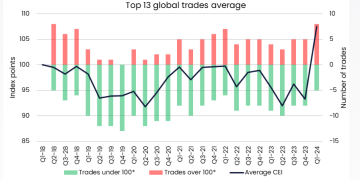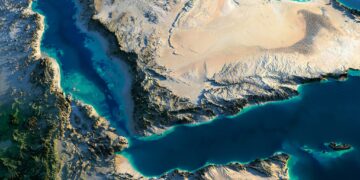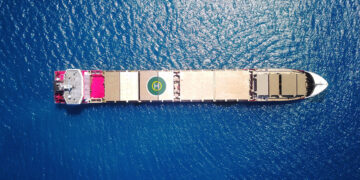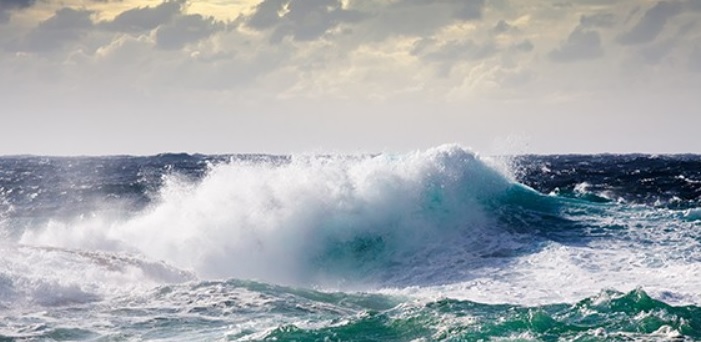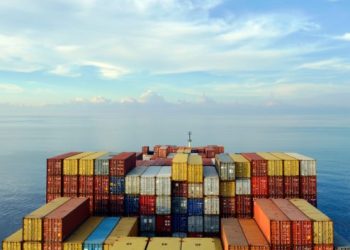Marine heatwaves have increased globally over the past century in number, length and intensity, as a direct result of warming oceans, according to an international study in Nature Communications, co-authored by researchers from the ARC Centre of Excellence for Climate Extremes (CLEX) and IMAS.
From 1925-2016, the study found the frequency of marine heatwaves had increased on average by 34% and the length of each heatwave had increased by 17%. Combined, this led to a 54% increase in the number of marine heatwave days every year.
The study’s lead author, Dr Eric Oliver from Dalhousie University, Canada, said:
Our research also found that from 1982 there was a noticeable acceleration of the trend in marine heatwaves. While some of us may enjoy the warmer waters when we go swimming, these heatwaves have significant impacts on ecosystems, biodiversity, fisheries, tourism and aquaculture. There are often profound economic consequences that go hand in hand with these events.
Some recent examples show how significant marine heatwave events can be:
- In 2011, Western Australia saw a marine heatwave that shifted ecosystems from being dominated by kelp to being dominated by other seaweed. That shift remained even after water temperatures returned to normal;
- In 2012, a marine heatwave in the Gulf of Maine led to an increase in lobsters but a crash in prices that seriously hurt the industry’s profits;
- Persistent warm water in the north Pacific from 2014-2016 led to fishery closures, mass strandings of marine mammals and harmful algal blooms along coastlines. That heatwave even changed large-scale weather patterns in the Pacific Northwest;
- More recently, Tasmania’s intense marine heatwave in 2016 led to disease outbreaks and slowing in growth rates across aquaculture industries.
The researchers used a variety of observational datasets to reveal the trend of increasing marine heatwaves, combining satellite data with a range of century-long datasets taken from ships and various land based measuring stations. They then removed the influences of natural variability caused by the El Nino Southern Oscillation, the Pacific Decadal Oscillation and the Atlantic Multidecadal Oscillation to find the underlying trend.
IMAS co-author Professor, Neil Holbrook, explained:
There was a clear relationship between the rise in global average sea-surface temperatures and the increase in marine heatwaves, much the same as we see increases in extreme heat events related to the increase in global average temperatures.
It is likely marine heatwaves will continue to increase, given that more than 90% of the heat from human caused global warming going into the oceans, Dr. Holbrook added.
The next key stage for our research is to quantify exactly how much they may change. The results of these projections are likely to have significant implications for how our environment and economies adapt to this changing world.
Watch IMAS Professor Neil Holbrook talking about increase in global marine heatwaves herebelow:
See more in the PDF herebelow




